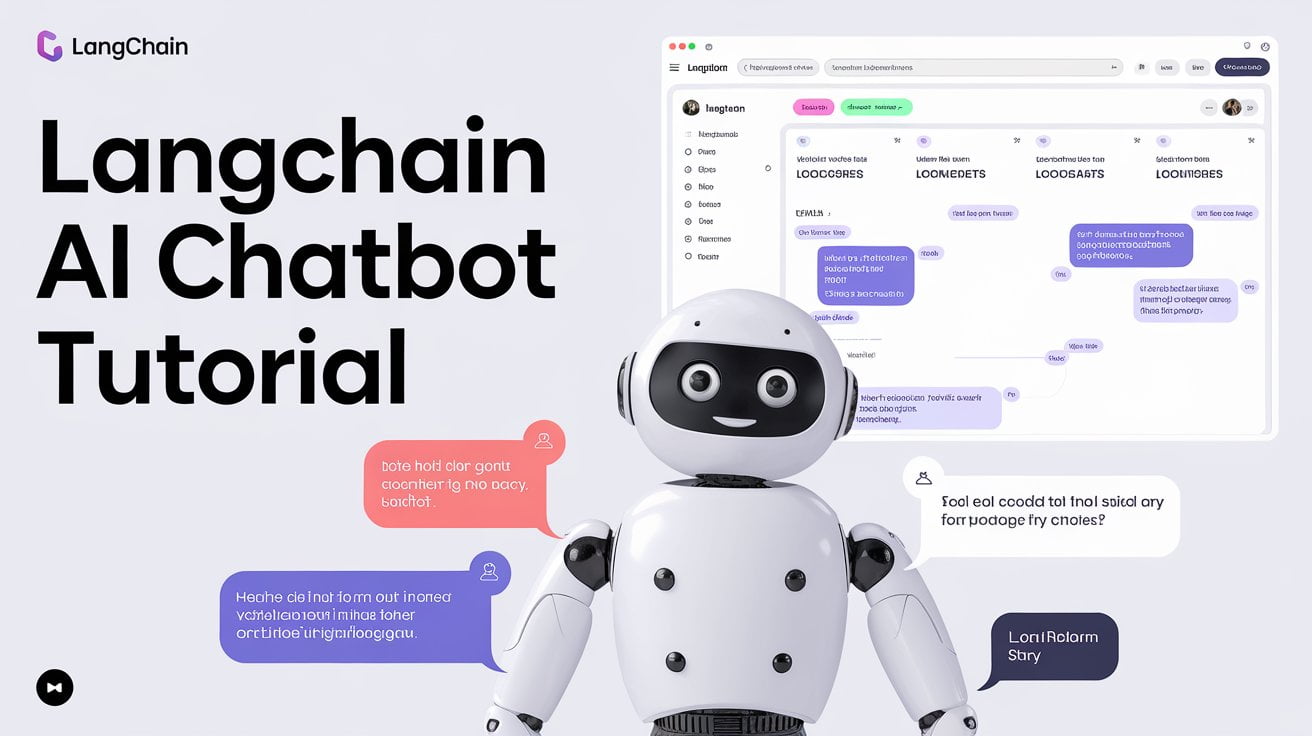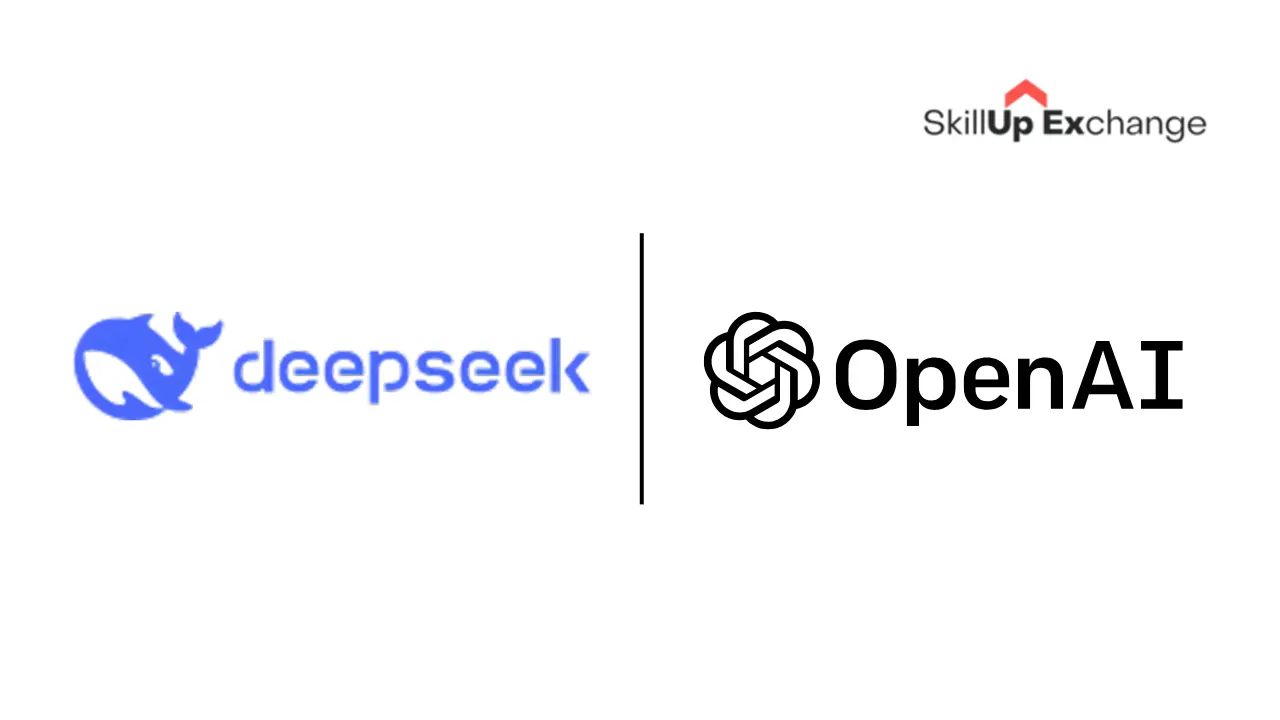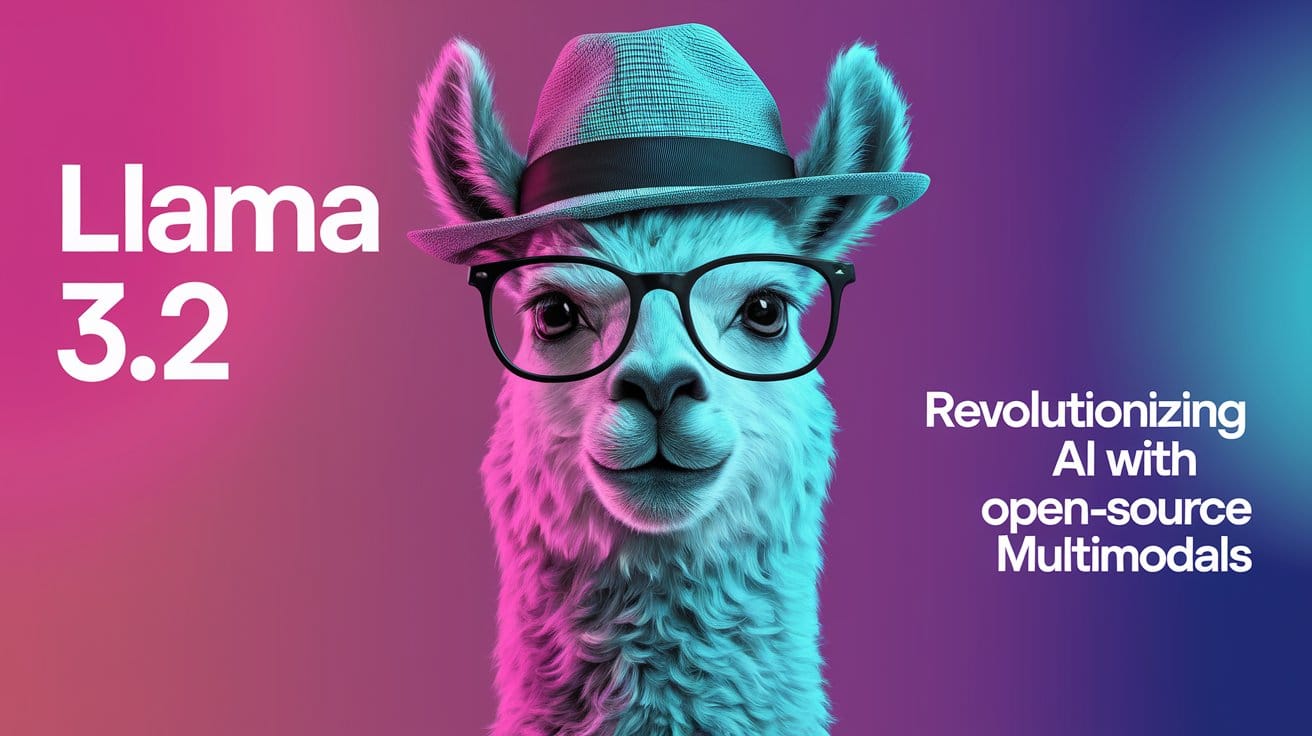How to build Ai chatbot using Langchain?

In today’s world, AI chatbots are transforming how businesses and individuals interact with technology. Whether you’re looking to enhance customer support, streamline workflows, or simply create engaging conversations, building your own AI chatbot is a valuable skill. This article will guide you through the process of creating a chatbot using LangChain, an open-source framework designed specifically for language model-powered applications.
By the end, you’ll have a clear understanding of how to leverage LangChain to develop a sophisticated, context-aware chatbot, from setting up your environment to improving its capabilities. Whether you’re a developer or an AI enthusiast, this article is your step-by-step guide to bringing your chatbot to life, complete with best practices and insights into overcoming challenges.
Understanding LangChain
LangChain is an open-source framework designed to simplify the development of applications powered by language models. It provides a set of tools and components that enable developers to create complex chains of operations involving language models, making it easier to build advanced AI applications like chatbots.
Prerequisites
Before diving into building your chatbot, ensure you have:
- Python installed on your system
- Basic knowledge of Python Programming
- Familiarity with concepts of natural language processing and AI
- Access to OpenAI API
Step 1: Setting Up Your Environment
Start by installing LangChain and its dependencies:
pip install langchain openaiYou’ll also need an API key from a language model provider like OpenAI.
Step 2: Choosing and Initializing a Language Model
LangChain supports various language models. For our example, we’ll use OpenAI’s GPT mode API in this tutorial, which connects to the GPT model. While LangChain can work with open-source models as well, GPT is a closed-source model.
from langchain.llms import OpenAI
llm = OpenAI(api_key="your-api-key")Step 3: Creating a Conversation Chain
LangChain’s ConversationChain allows you to maintain context throughout a conversation. A conversation chain is a series of interactions between the user and the AI, where each interaction builds upon the previous ones:
from langchain.chains import ConversationChain
from langchain.memory import ConversationBufferMemory
conversation = ConversationChain(
llm=llm,
memory=ConversationBufferMemory()
)Step 4: Implementing the Chat Loop
Now, create a loop to handle user inputs and generate responses:
while True:
user_input = input("You: ")
if user_input.lower() == 'exit':
break
response = conversation.predict(input=user_input)
print("AI:", response)Enhancing Chatbot
To make your chatbot more sophisticated, consider these enhancements:
- Prompt Engineering: Craft effective prompts to guide the model’s responses.
- Memory Management: Implement more advanced memory types for better context retention.
- Error Handling: Add robust error handling to manage API failures or unexpected inputs.
- Customization: Tailor the chatbot’s personality or knowledge base for specific use cases.
Challenges and Considerations
While building an AI chatbot with LangChain is relatively straightforward, there are challenges to consider:
- Ethical Use: Ensure your chatbot respects privacy and ethical guidelines.
- Cost Management: Be mindful of API usage costs( https://openai.com/pricing ), especially with commercial language models.
- Performance Optimization: Balance response quality with speed for a better user experience.
- Continual Improvement: Regularly update your model and fine-tune based on user interactions.
Conclusion
Building an AI chatbot using LangChain opens up a world of possibilities for creating intelligent conversational interfaces. By leveraging the power of advanced language models and the flexibility of LangChain, developers can create chatbots that understand context, learn from interactions, and provide human-like responses.
As you continue to explore and expand your chatbot’s capabilities, remember that the key to a successful AI chatbot lies not just in its technical implementation, but also in its ability to provide value and engage users meaningfully. With LangChain, you have a powerful tool at your disposal to bring your AI chatbot ideas to life.
Explore More
- LangChain Official Documentation
- How to Create Custom Knowledge Chatbots
- Video Tutorial: Building AI Chatbots with LangChain





